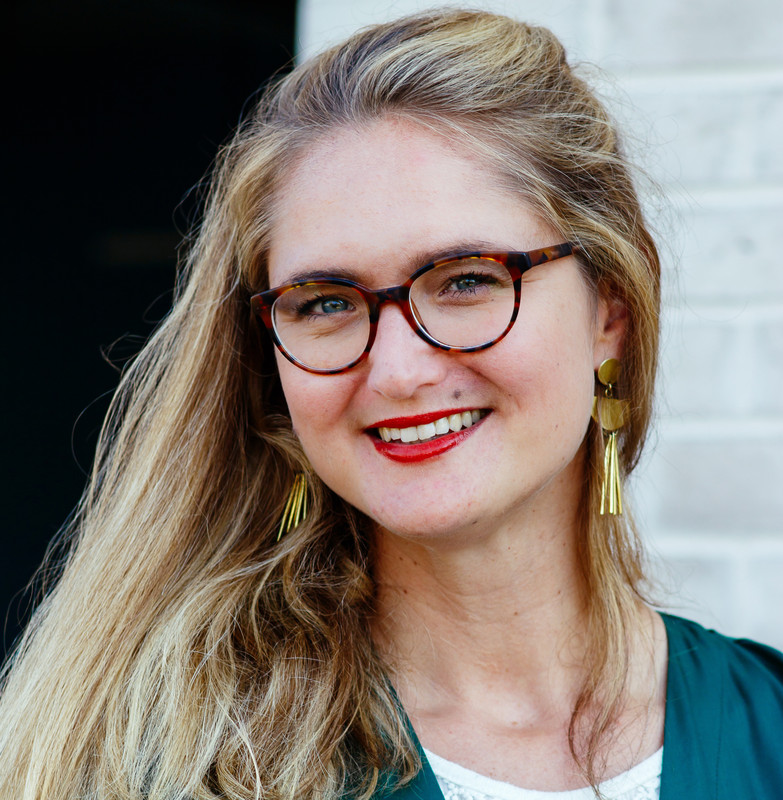We interviewed CIE member Isabell Eberlein, CEO of Velokonzept and member of CIE's Cycling Innovation Network Expert Group to hear and share her thoughts of the future, challenges and inspirations in the cycling industry.
1. Can you give us a brief description of Velokonzept?
Velokonzept is an agency focusing entirely on cycling and the promotion of cycling – our vision is to normalize cycling. We do this in three major fields: organizing conferences (i.e., hosting communities to promote specific topics within the industry), consulting both businesses and city administrations on cycling, and hosting large events (i.e., VELOBerlin).
2. What cycling trends are you most excited to see by the year 2030? By 2050?
Cycling is the most used mode of transport within cities and within 5km’s reach. So, by 2030, I see this extending to within 10km’s reach. For this, we must tackle three major topics: the first one being diversity – how do we really include everyone? How do we make it accessible for anyone and make it as normal as possible to cycle? Second, we need to think about sustainability – whether the bike and the surrounding environments are, in fact, sustainable. Third, would be innovation in terms of infrastructure – redesigning our cities and its entire infrastructure. I don’t see much of a difference between 2030 and 2050, except that it's a bit scary that 2030 is just 8 years away and we still have so much work to do, we should be able to make really large progress until then!
3. What do you see as a major challenge in the cycling industry, and how can CIE play a role in overcoming that challenge?
When I look at our industry, we’re inclined to believe that we are a great industry because we have a lot of cyclists, race cyclists, and sportive cyclists, but we should really enlarge our own vision to go beyond this. I think we, as an industry, are slowly understanding the leverage and the power we hold in our hands, but we’re not making full use of it. I’d say that's one thing – I think we could have so much more political and societal power as this industry.
When it comes to the industry itself, I think, of course, we have all these problems about reinventing ourselves – what's the future business model of cycling? I think there are a lot of hurdles in our own heads we must overcome. We need to see ourselves as innovative, otherwise nobody else in the mobility sector will see the bike as innovative. I mean, the bicycle is over 200 years old, and even if it hasn't changed much in shape, it has a lot of transformative potential, which is what we should make use of.
I believe CIE’s role is to bring the people together and lobby on the European level, but to also communicate and make sure that we have a united European understanding. I have my German view on everything, and it's of course a big market, but I always find the exchange of ideas beyond national borders important, and this is where CIE fits in.
4. What or who in the cycling industry inspires you?
I’m inspired by challenging the status quo – I think just five years ago nobody would have said that you could rent a bicycle, but you actually can. I'm inspired by a lot of people, especially by a lot of women, and not only women in the bicycle industry but also beyond. I think that's a point I want touch on – I don't want to name a single person that I'm inspired by, but that I'm more inspired by what we can do if we can really come together. We have so much power if we don't think of ourselves as individual players, but more as collaborative powers in the industry together with politicians, other industries, infrastructural planners, civil society, academia, etc. When I see what other industries can put up, I think we can be inspired and take a lot of these learnings and move our industry forward. We make small contributions to that change by setting up collaborative formats such as the VeloLAB or hosting large events like the VELOBerlin last weekend.
Pictured: The launch of VeloLAB, Velokonzept's innovation platform that aims to find solutions to overarching problems that are too big for a company or a city.
5. Describe in 5 words how cycling is saving the world.
We challenged Isabell to describe in only 5 words how cycling is saving the world, hear her answer below:
